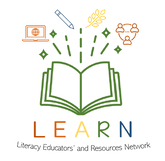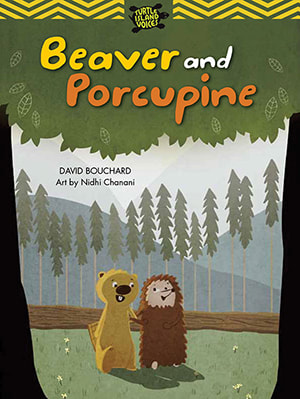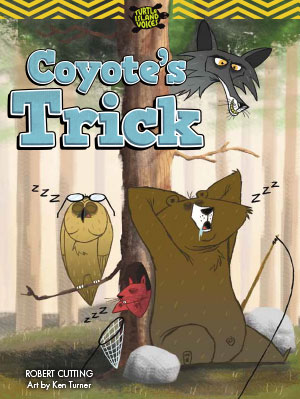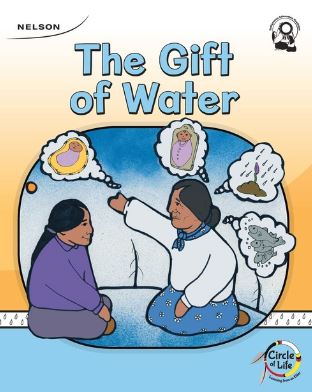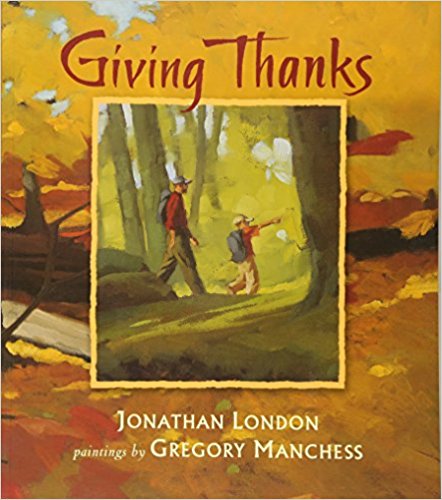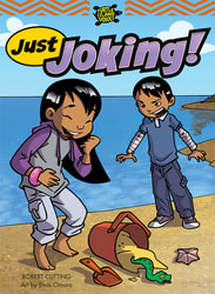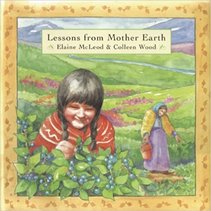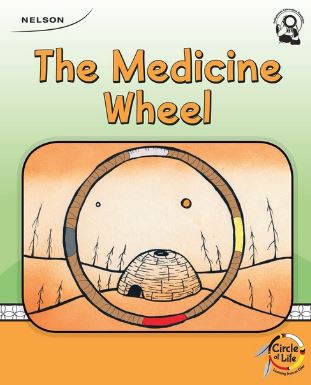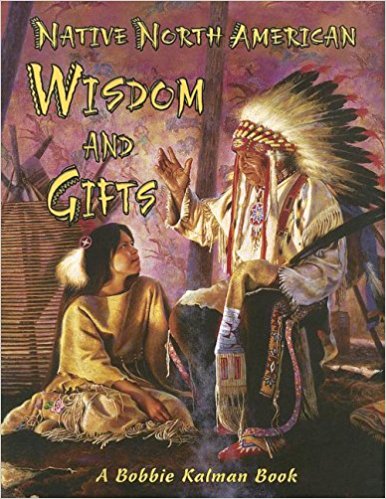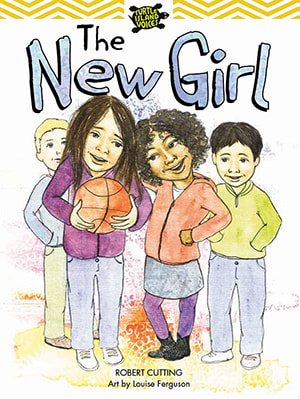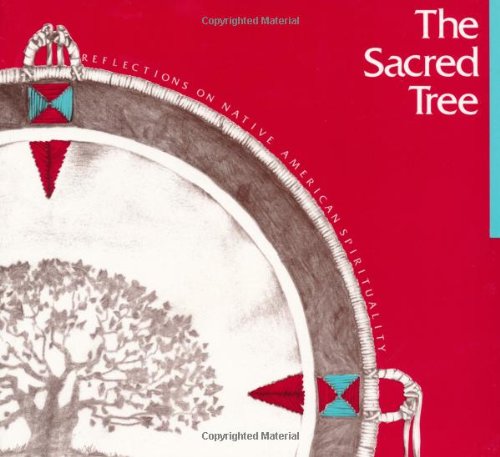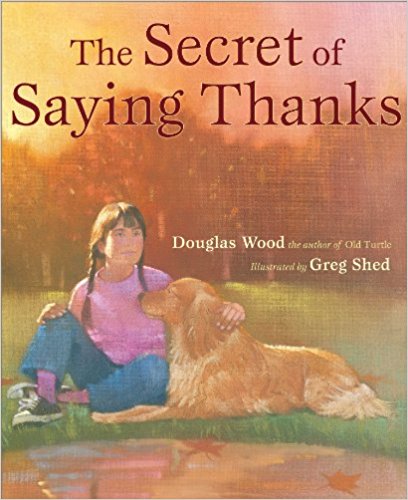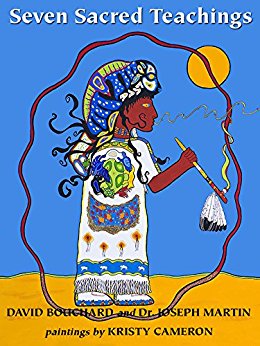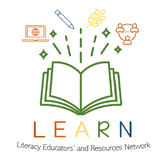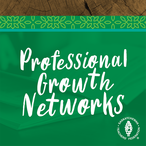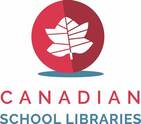Grade 1
Spirit and Intent
Books
Beaver and PorcupineTurtle Island Voices, grades 1-6, consist of ten titles per grade. The series offers aboriginal children a unique opportunity to see themselves in their learning materials. It is rooted in the concepts of inter-connectedness, respect for life, and the quest for a better future. It offers all children the opportunity to recognize the role and contributions of Aboriginal peoples in the life, culture, and heritage of Canada (Publisher).
|
Bouchard, D. (2011). Turtle Island Voices: Beaver and porcupine. Oakville, ON: Rubicon Publishing Inc.
Coyote's TrickTurtle Island Voices, grades 1-6, consist of ten titles per grade. The series offers aboriginal children a unique opportunity to see themselves in their learning materials. It is rooted in the concepts of inter-connectedness, respect for life, and the quest for a better future. It offers all children the opportunity to recognize the role and contributions of Aboriginal peoples in the life, culture, and heritage of Canada (Publisher).
|
Cutting, R. (2011). Turtle Island Voices: Coyote's trick. Oakville, ON: Rubicon Publishing Inc.
Indigenous Education Coalition. (2013). Circle of Life Series: The gift of water. Toronto, ON: Nelson Education.
Giving Thanks: A Native American Good Morning Message
Giving Thanks is a children’s version of a Thanksgiving Address. It is a message of gratitude, originating with the Native people of New York and Canada, still spoken at ceremonial gatherings held by the Six Nations. Thanks is expressed to Mother Earth, to water, grass fruits, animals, to the wind and rain, sun, moon and stars, to the Spirit Protectors of the past and present “for showing ways to live in peace and in harmony and to the Great Spirit, giver of all.
|
London, J. (2003). Giving thanks: A Native American good morning message. Sommerville, MA: Candlewick Press.
Just JokingTurtle Island Voices, grades 1-6, consist of ten titles per grade. The series offers aboriginal children a unique opportunity to see themselves in their learning materials. It is rooted in the concepts of inter-connectedness, respect for life, and the quest for a better future. It offers all children the opportunity to recognize the role and contributions of Aboriginal peoples in the life, culture, and heritage of Canada (Publisher).
|
Cutting, R. (2011). Turtle Island Voices: Just joking. Oakville, ON: Rubicon Publishing Inc.
Lessons from Mother EarthTess visits her grandmother many times without really being aware of the garden. Hoever, on this particular day, they step outside the door and Tess learns that all of nature can be a garden. She learns if you take care of the plants that grow and you learn about them -- understanding when they flower, when they give fruit, and when to leave them alone -- you will always find something to nourish you. Lessons from Mother Earth gently shares the First Nations' tradition of taking care of Mother Earth.
|
McLeod, E., & Wood, C. (2010). Lessons from Mother Earth. Toronto, ON: Groundwood Books.
Indigenous Education Coalition. (2013). Circle of Life Series: The medicine wheel. Toronto, ON: Nelson Education.
Native North American: Wisdom and GiftsMany of the foods we eat, the tools we use, the games we play, and even the ideas in which we believe, originated with North American Native peoples. Beautiful images and easy-to-follow text help young readers discover the Native traditions and practices that were adopted by European explorers, North American settlers, and other people around the world. The topics include: Native hunting and fishing practices that are still in use today; innovations in medicine and health that helped many people survive in North America, and how Native beliefs of equality and democracy were adopted by North American governments (Publisher).
|
Kalman, B. (2006). Native North American: Wisdom and gifts. St. Catherine's, ON: Crabtree Publishing.
The New GirlTurtle Island Voices, grades 1-6, consist of ten titles per grade. The series offers aboriginal children a unique opportunity to see themselves in their learning materials. It is rooted in the concepts of inter-connectedness, respect for life, and the quest for a better future. It offers all children the opportunity to recognize the role and contributions of Aboriginal peoples in the life, culture, and heritage of Canada (Publisher).
|
Cutting, R. (2011). Turtle Island Voices: The new girl. Oakville, ON: Rubicon Publishing Inc.
The Sacred Tree: Reflections on Native American Spirituality
The Sacred Tree contains a collection of universal concepts and teachings that have been passed down from generation to generation of Indigenous Peoples all over the Americas and the world.
The black-and-white drawings in this resource illustrate the teachings of the "Sacred Tree," the "Medicine Wheel," the "First Principles," and the "Gifts of the Four Directions." The book demonstrates the effective use of symbolism to define and explain difficult abstract concepts.--Ministry of Education website. |
Bopp, J. (1984). The sacred tree: Reflections on Native American spirituality. Lethbridge, AB: Lotus Press, University of
Lethbridge.
Lethbridge.
The Secret of Saying ThanksThe Secret of Saying Thanks focuses on the importance of having a grateful attitude softly relaying the message that the heart that gives thanks is a happy one…we don’t give thanks because we are happy rather we are happy because we give thanks. Thanks for the stars, the moon aglow at night, lakes, rivers, ponds and puddles, family, friends and people we love. The secret of saying thanks is waiting.
|
Wood, D. (2005). The secret of saying thanks. Toronto, ON: Simon & Schuster.
Seven Sacred TeachingsThe Seven Sacred Teachings of White Buffalo Calf Woman, also known as the Seven Grandfather Teachings, are shared, valued and practised by many indigenous peoples. These Teachings are universal; however, for the purpose and framework of this telling the beliefs of the jibwe/Chippewa/Anishinaabe were used; that is, the colours of the Medicine Wheel, the direction of life’s journey beginning in the east moving clockwise, and associating certain wildlife, plant and tree life with specific Teachings. Rooted in humility and honesty, the creators of this book have tried to respect the cultures and traditions of all peoples (Bouchard).
|
Bouchard, D., & Tehanakerehkwen, J. (2009). Seven sacred teachings. Vancouver, BC: MTW Publishing.
Web Posts
Teaching by the Medicine Wheel
Teaching by the Medicine Wheel | EdCan Network
This article explores the teachings of Medicine Wheels from an Anishinaabe cultural perspective. A focus on its applications to education is addressed through pedagogy and the transmission of Medicine Wheel teachings. These concepts are then illustrated with an example of Medicine Wheel pedagogy in practice through the Anishinaabe Bimaadiziwin Cultural Healing and Learning Program, an Anishinaabe culture-based school.
Bell, N. (2014, June 9). Teaching by the Medicine Wheel: An Anishinaabe framework for Indigenous education. EdCan Network.
Retrieved from https://www.edcan.ca/articles/teaching-by-the-medicine-wheel/
Retrieved from https://www.edcan.ca/articles/teaching-by-the-medicine-wheel/
Thank You Mother Earth
| Thank You Mother Earth |
Knapp, B., & Hunter, J. (2009, October 8). Thank you Mother Earth [PDF]. Retrieved from https://www.dropbox.com/sh/qrj4hb6jf88i7i7/AADHmZ6o_EChlpYuVb2JMz7Ja/Teacher%20Made%20Lessons/Grade%201/Traditional%20Teachings%20-%20Mother%20Earth?dl=0&preview=Thank+You+Mother+Earth-Grade+1+and+2.pdf
